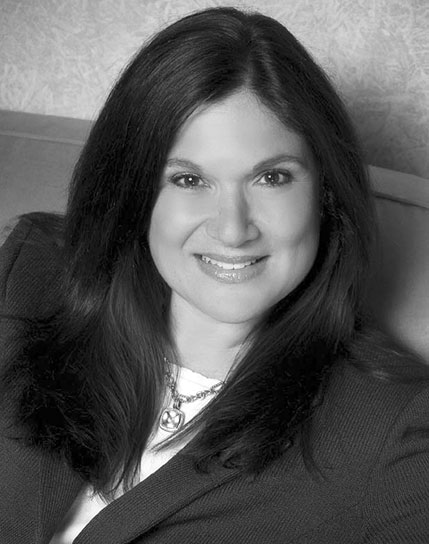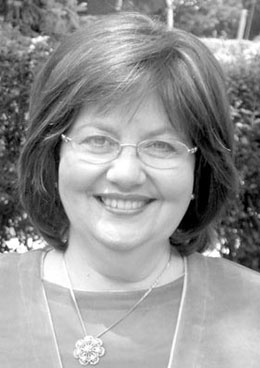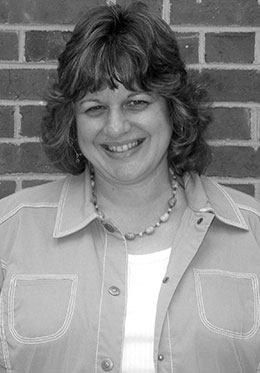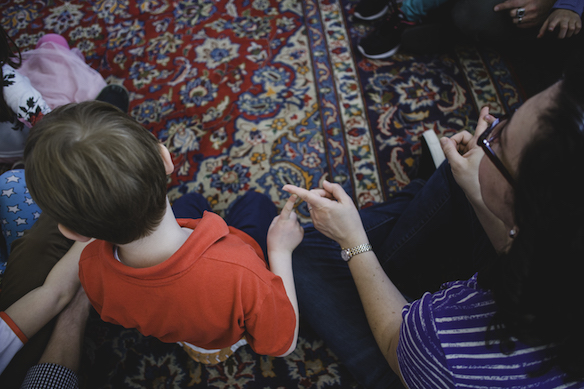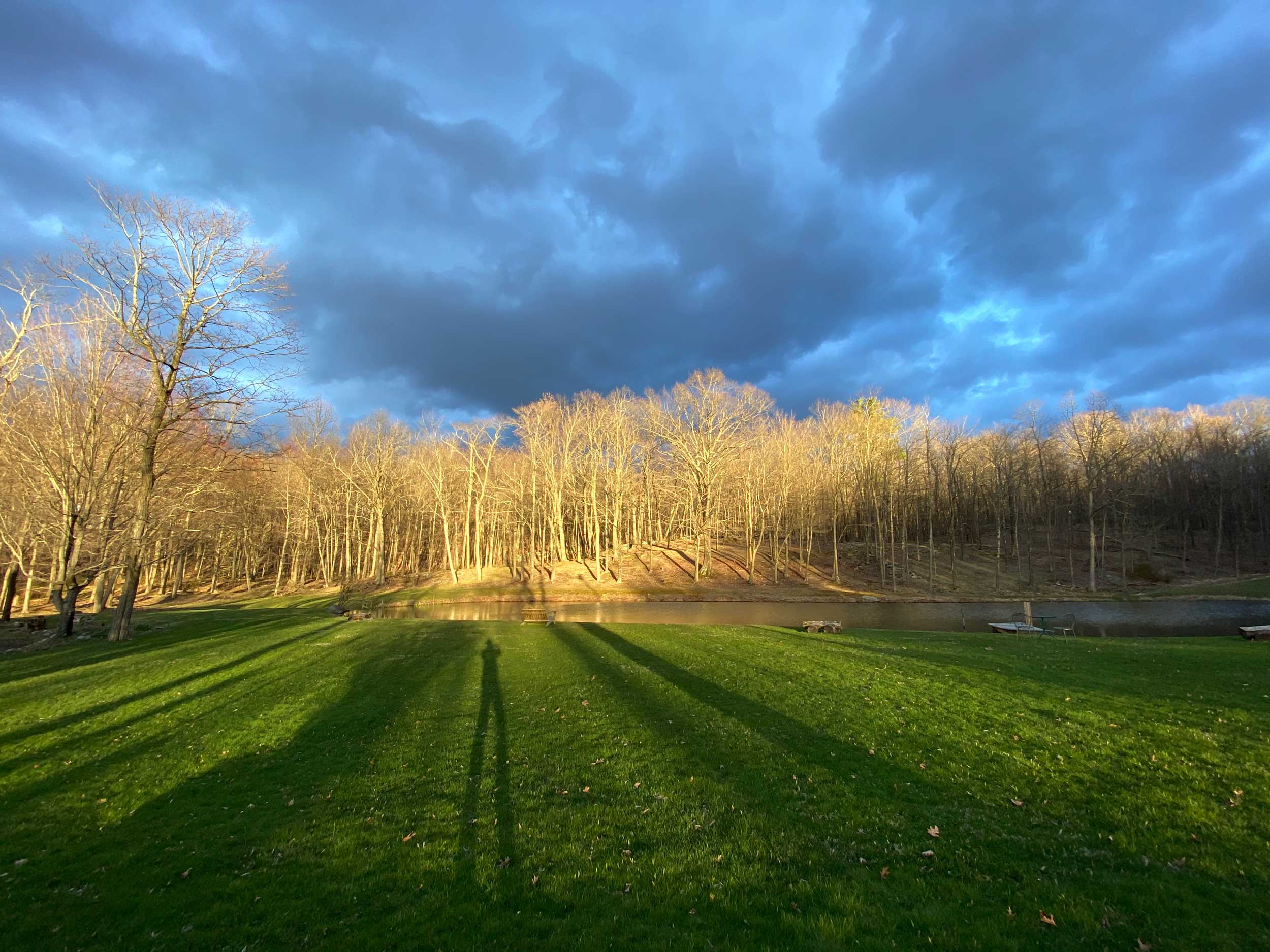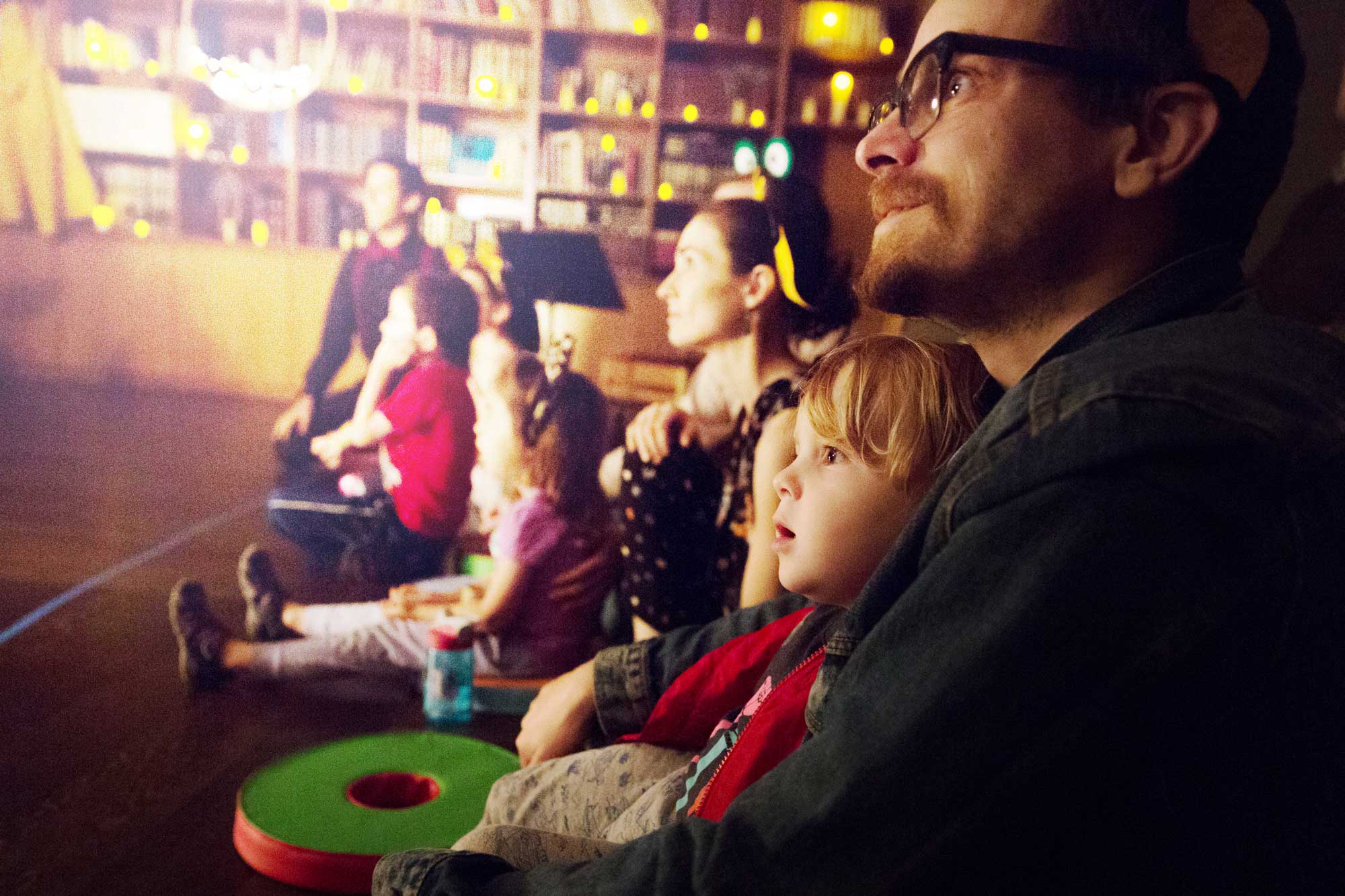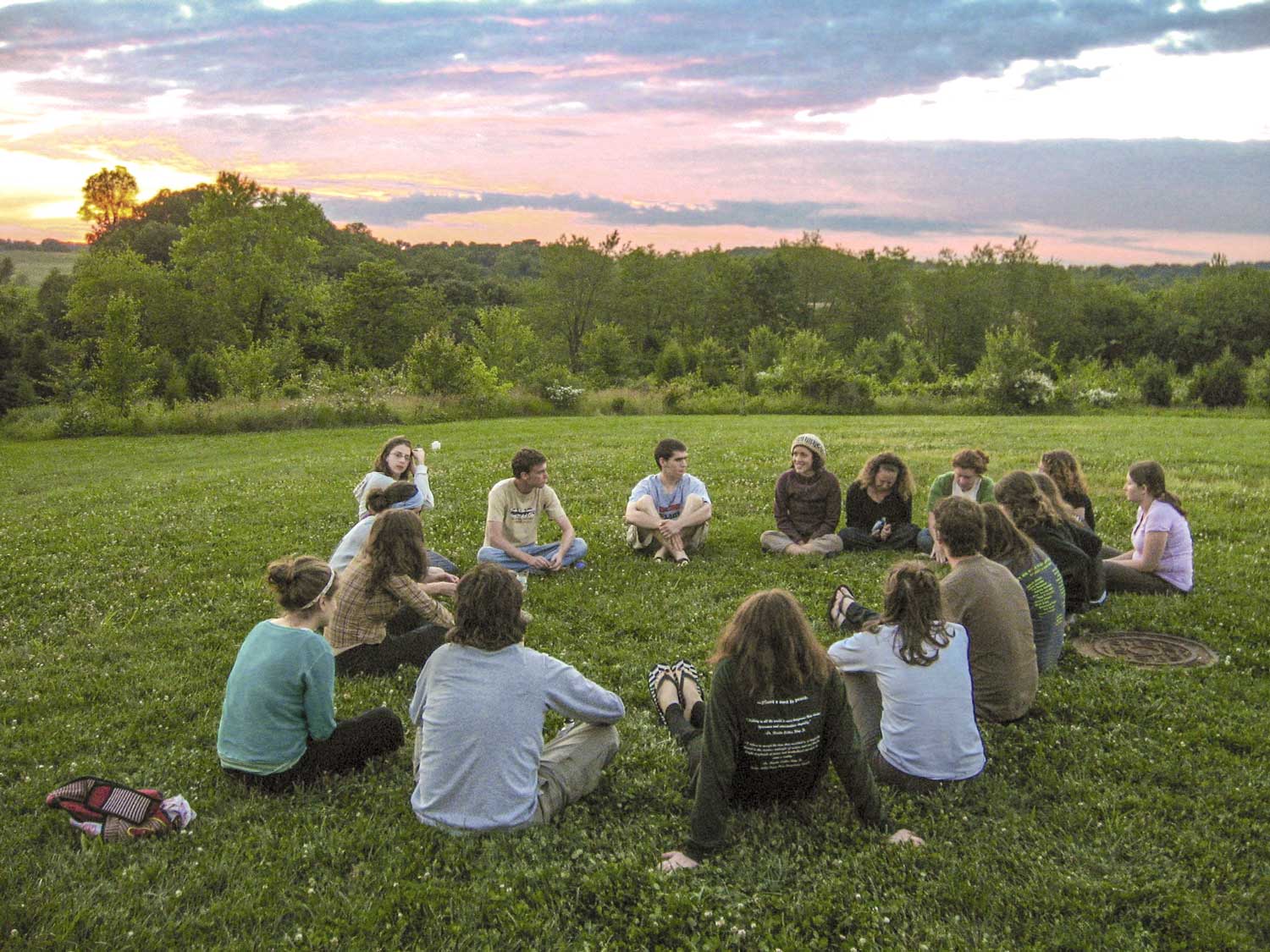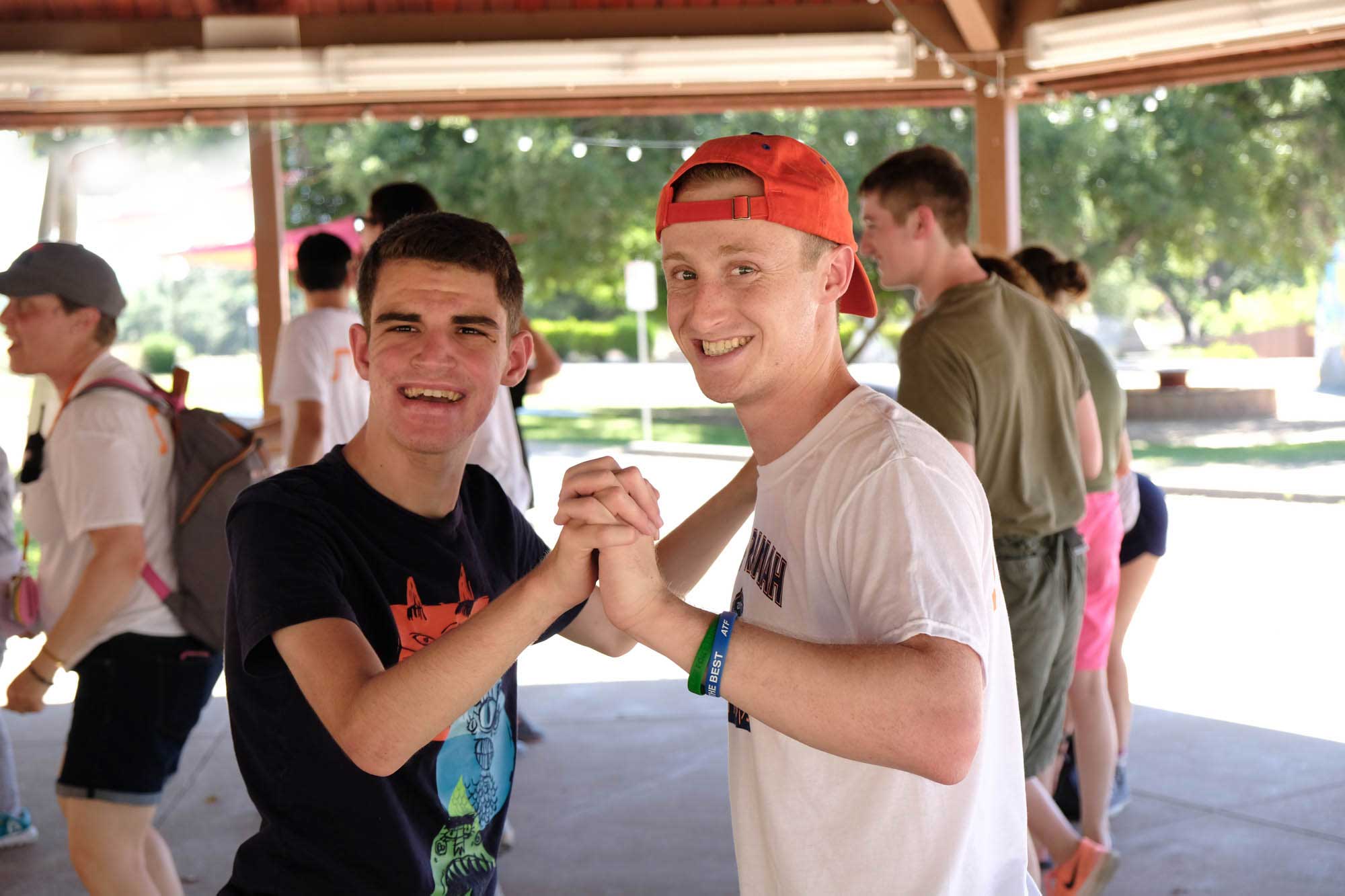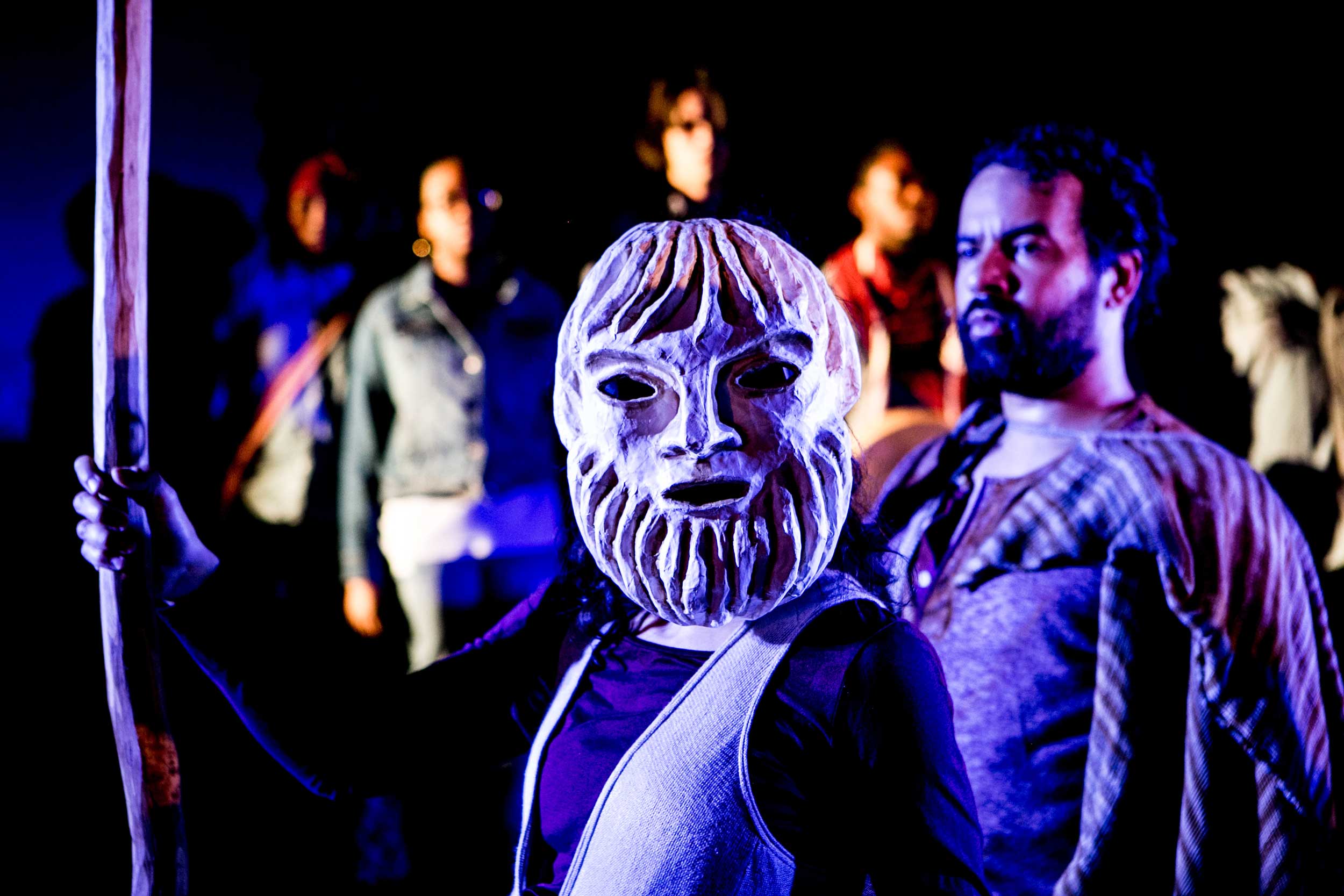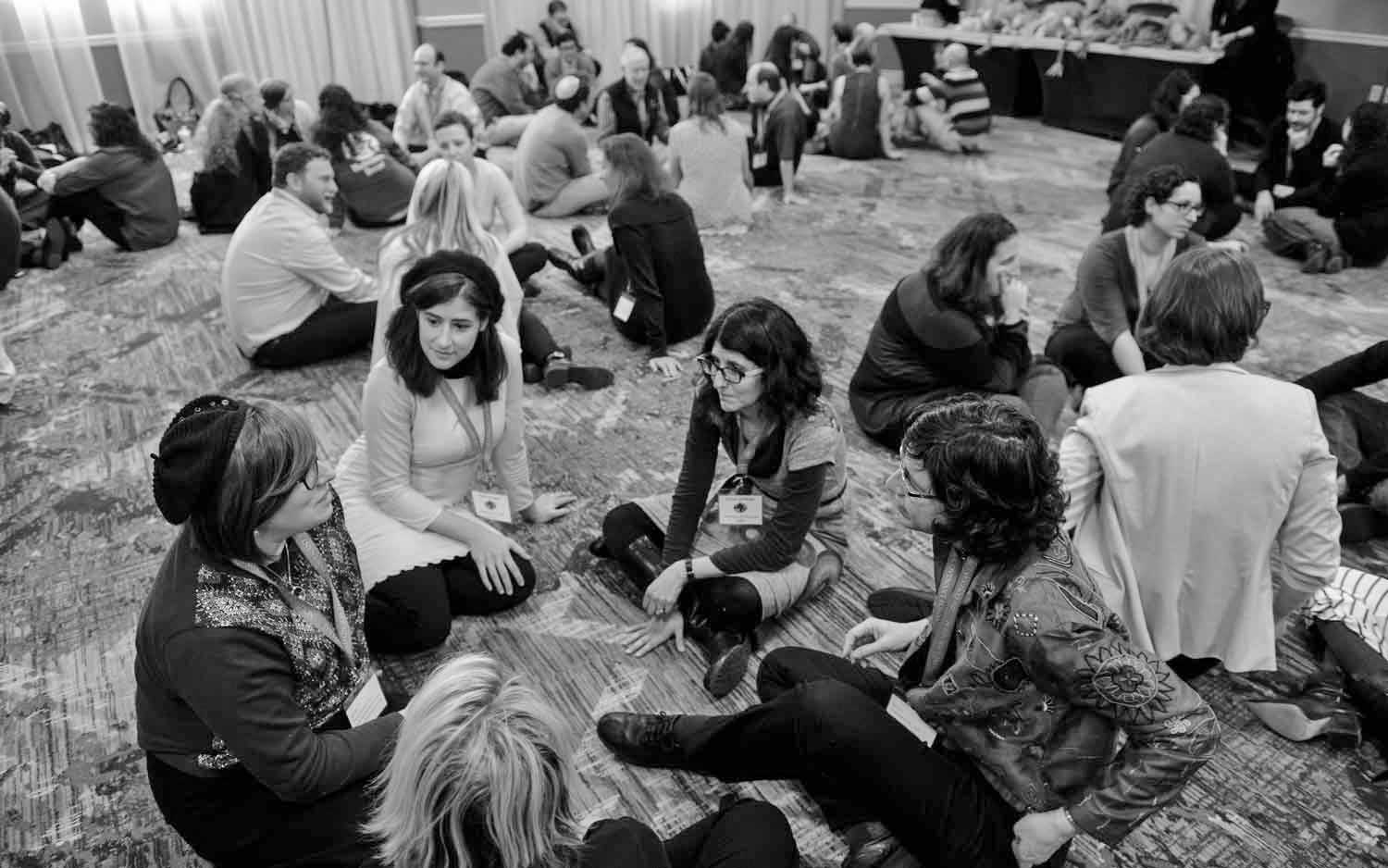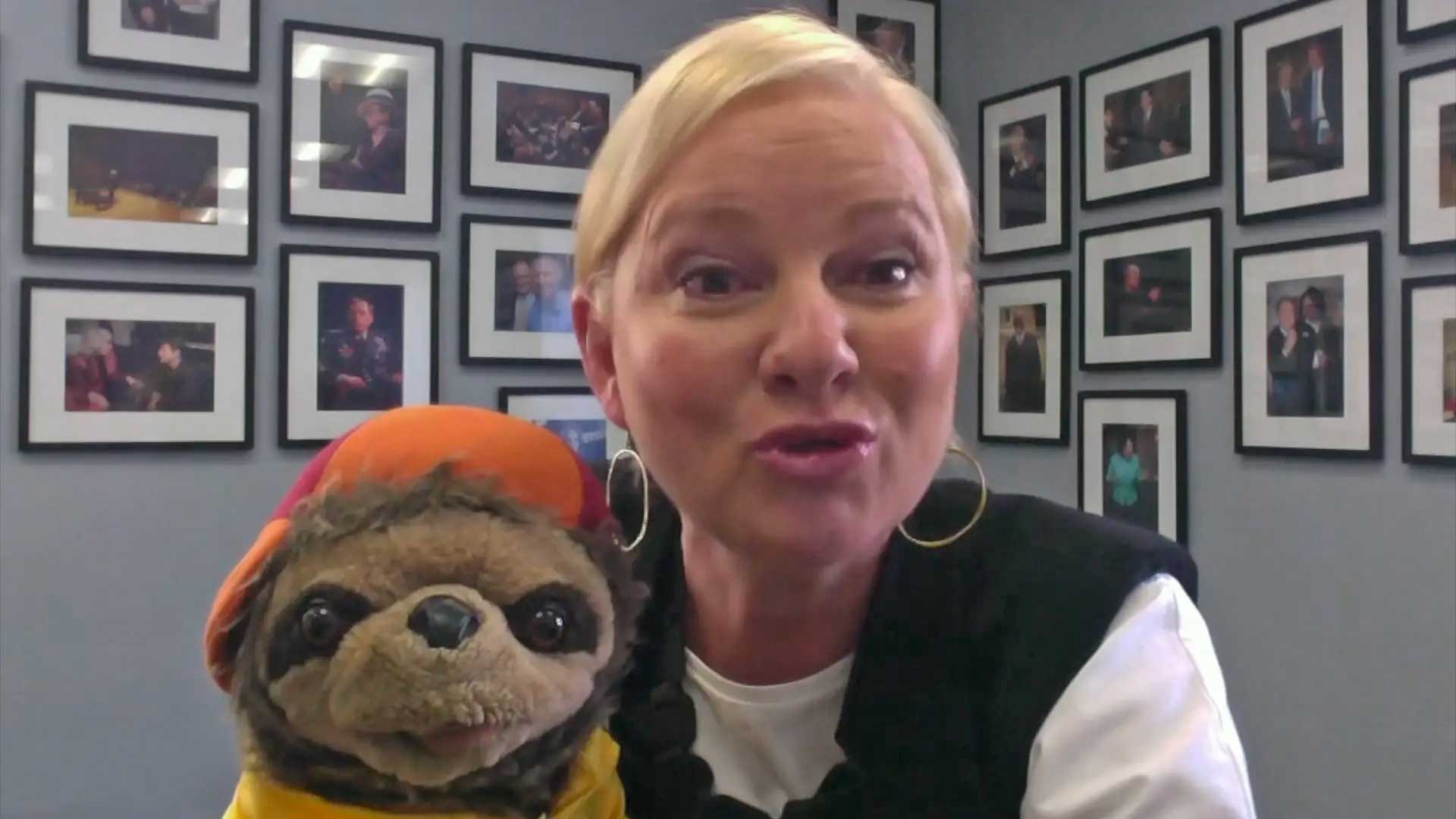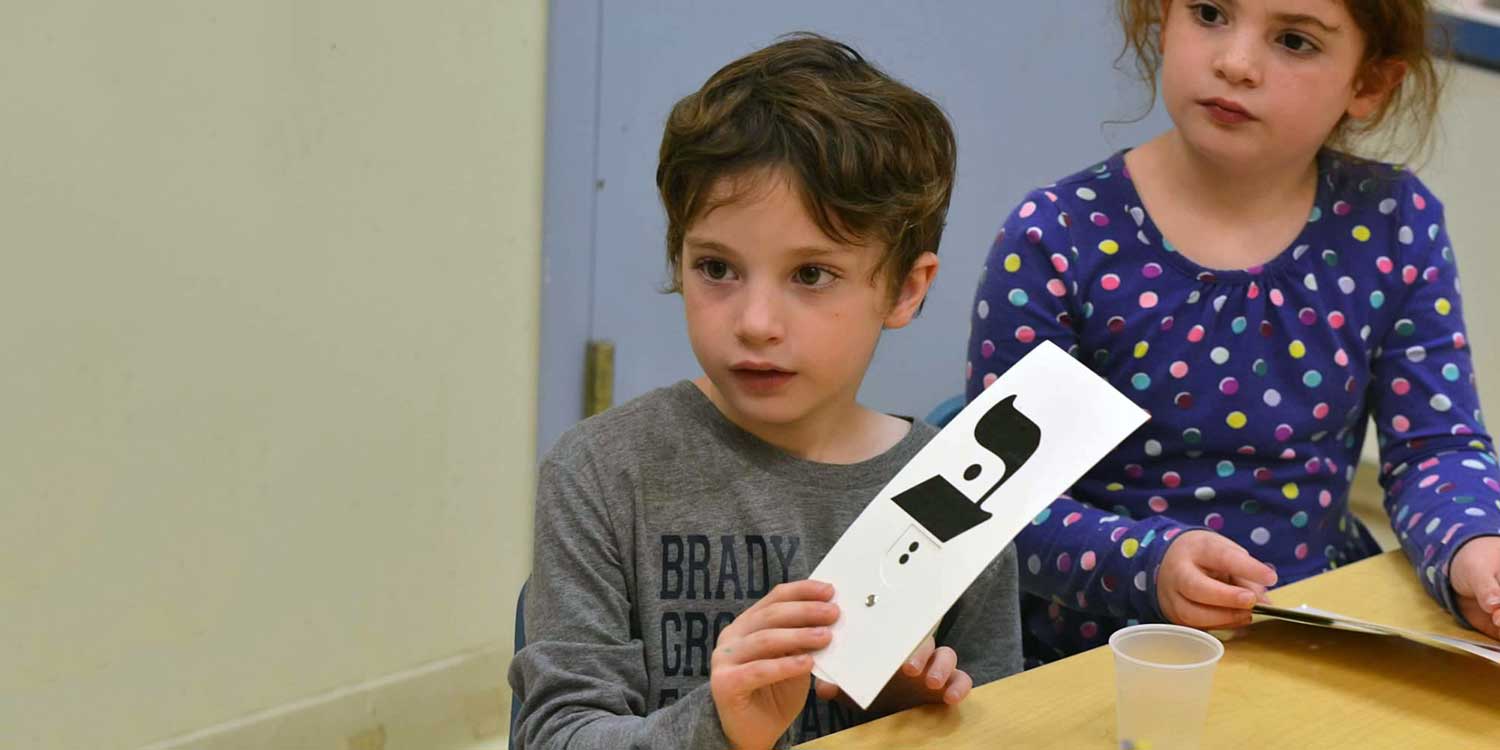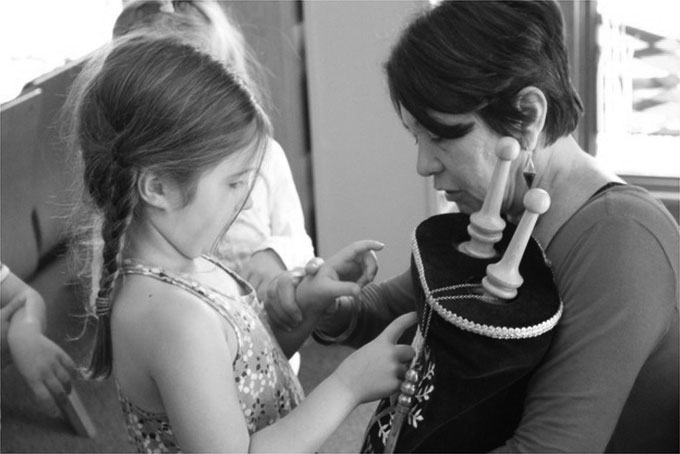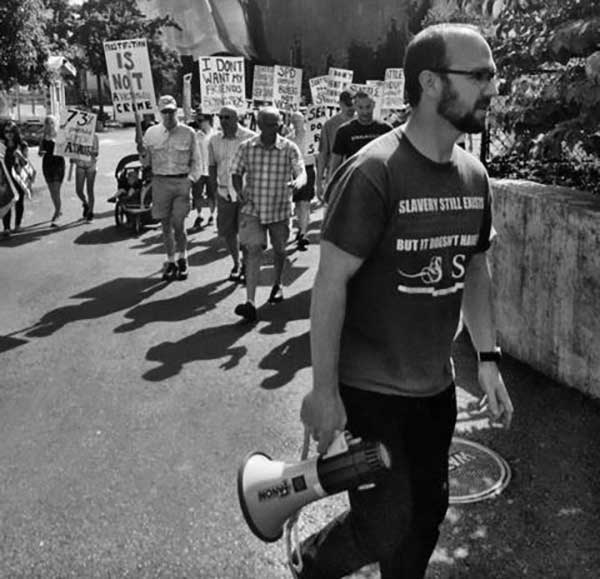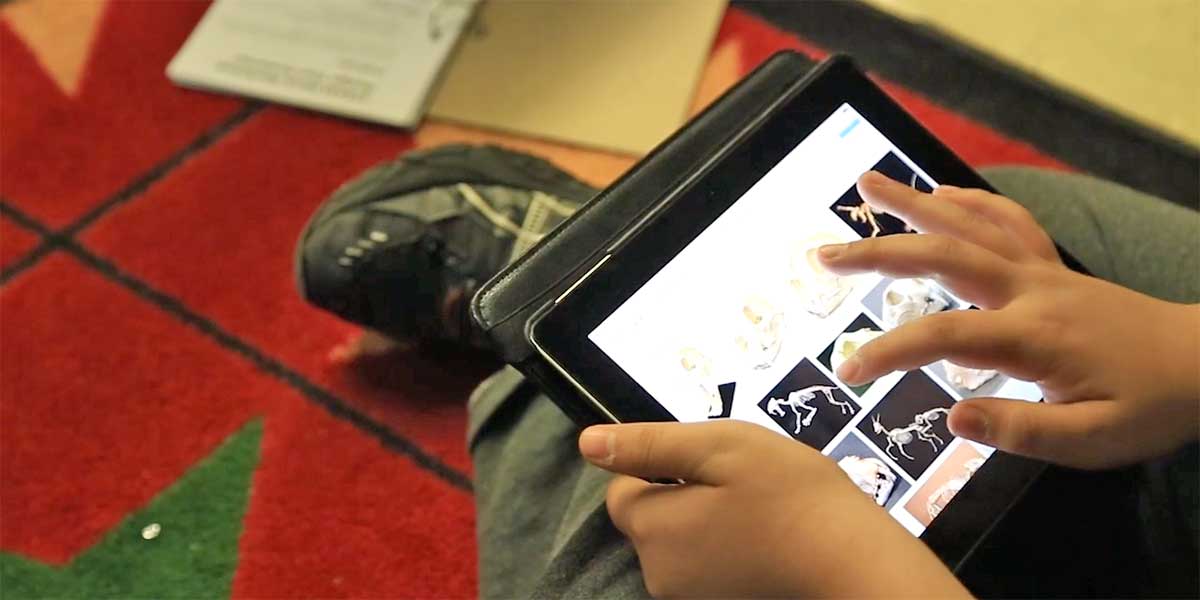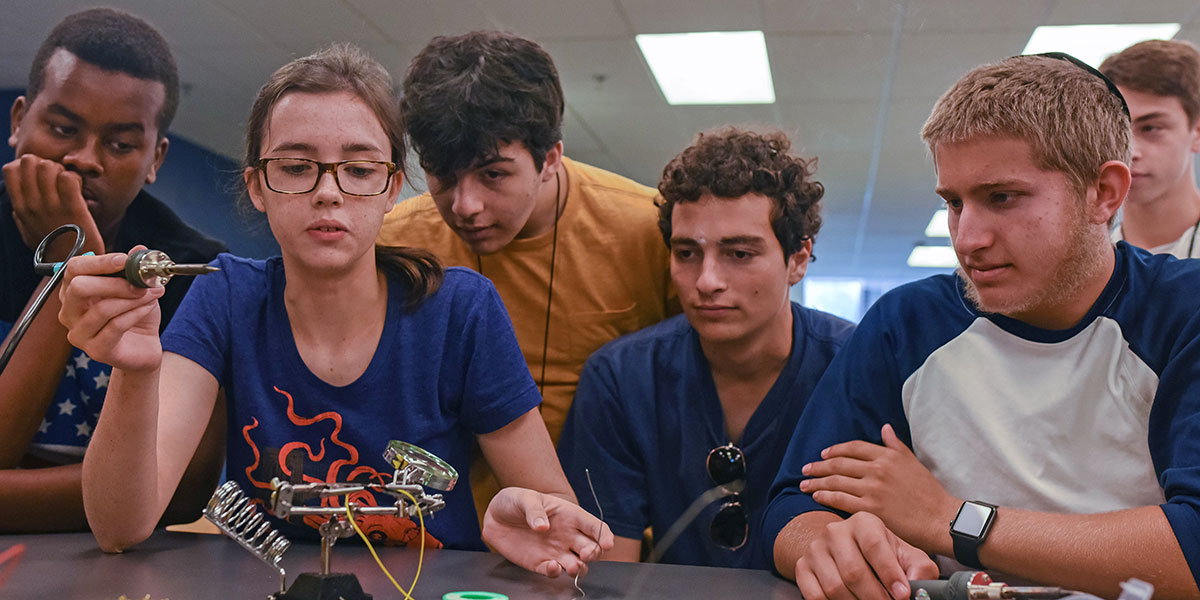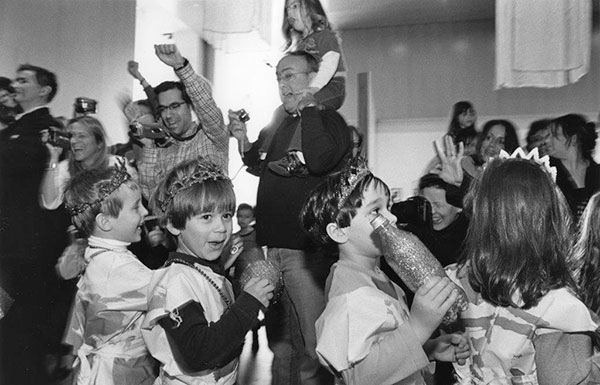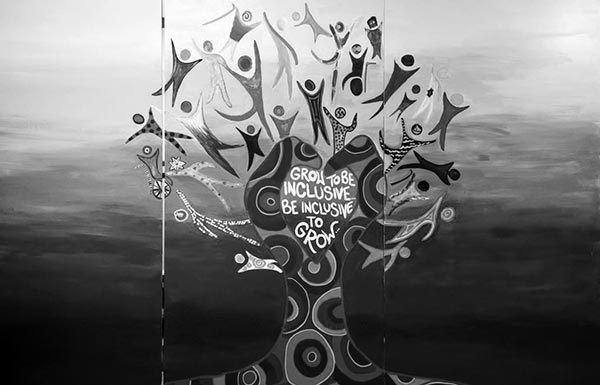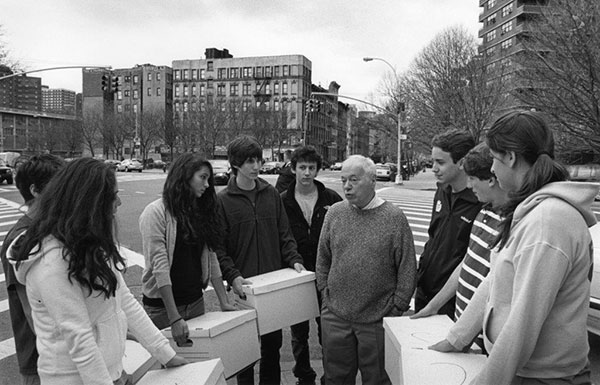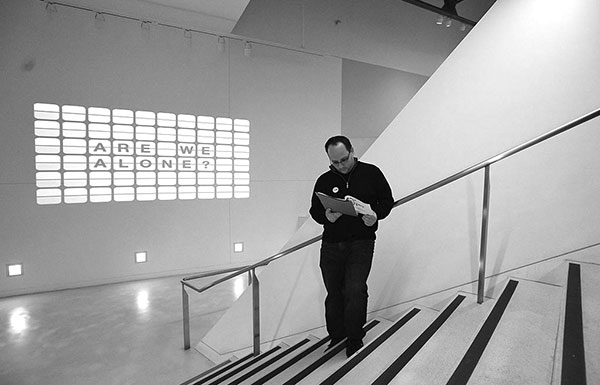ARTICLE Envisioning A Collaborative, Modern and Seamless Future for Jewish Early Childhood Education
If you’ve ever stepped foot inside an early childhood Jewish education center in the late morning on a weekday, you may have asked yourself if you chose the wrong career path. There’s the delicious smell of baking challah wafting through the air, the gently raucous sounds of small voices singing and playing echoing in the hallways. There are colorful displays of children’s artwork on the walls, and a walk down any corridor usually reveals classrooms stuffed with books and art materials and happy faces.
Most early childhood Jewish spaces are joyful, warm and uplifting. These are places one doesn’t readily want to leave.
But here’s a sobering statistic: In the next 3-5 years, JCC Association of North America predicts that 50% of its’ early childhood education staff will retire. Right now, there are 8-10 positions in JCC early childhood centers nationwide that are left unfilled, and it’s not because these aren’t great jobs. But somehow, young and energetic childhood educators aren’t gravitating toward this field.
So what’s happening?
“We haven’t done enough recruitment, for one,” explained Cantor Mark Horowitz, Vice President of JCCA and Director of the Sheva Center for Innovation in Early Childhood Jewish Education & Engagement. “We need better recruitment efforts on college campuses and in graduate school.”
What’s more, Horowitz explains, young Jewish educators don’t necessarily see Jewish early childhood education as a long-term career path. Perhaps it’s because the pay is notoriously low. Or perhaps it’s because many early childhood Jewish education schools don’t offer full-time positions.
Horowitz is frank about the historical moves that set our community up for the ECE staff shortage we see now. “Many of us we were tapped to be leaders and directors because we were decent practitioners, but we didn’t understand leadership, or change, or what it means to be a leader in a Jewish institution,” he offered. “As such, we accepted roles we weren’t equipped for.”
It seems that the tide may be turning though, and not just in the Jewish space. Just recently, the Harvard Graduate School of Education announced the Saul Zaentz Early Childhood Initiative, the first of its kind. Among many other programs, the initiative will include an Academy for professional learning.
Horowitz and his colleagues are on-trend. They know that Jewish families with young children continue to need excellent schools for their youngest children and JCCA is responding to that need in the most robust way it knows how. “We now understand that we need leadership training,” Horowitz continues. And as the recipients of a recent Signature Grant from The Covenant Foundation to fund a Directors’ Fellowship, JCCA staff is working toward the fruition of that ideal.
The grant will help develop the high quality personnel needed for excellence in the field of early childhood Jewish education. “We spent so much time throwing people into the job who weren’t equipped to handle it,” Horowitz said. “And that didn’t serve us well in the past. Now, we want to train new early childhood directors so that they’re prepared to be leaders.”
Beyond leadership, there are other core changes afoot in the early childhood space that Horowitz passionately describes. For one, JCCA is beginning to “embrace the Jewish piece of our work as a foundational piece instead of worrying whether we’re doing too much or too little Jewish.”
“Judaism is a religion that you live every day, not just one that you access when it comes time for a holiday,” Horowitz explained. “And for that reason, it’s a religion that fits early childhood education so well. We can use day-to-day experiences and challenges to celebrate Jewish life; Judaism informs how we greet people, how we solve conflicts, how we are hospitable to others, and on and on. I think that over the last 20 years or so, a big change in early childhood Jewish education in the JCC world is that we have begun to truly embrace Judaism as foundational for our curriculum.”
Another big change: taking note of and beginning to apply gleanings from the scientific research being done on the national national ECE scene. For years now, we’ve all been reading about the findings about how children learn (think: Play!) and how young brains work. Staying abreast of the research helps Horowitz and his colleagues develop curriculum according to what children need, from a root biological and scientific perspective.
“Up until now,” Horowitz explained, “our approach has been didactic. We’ve taught children what we think they need to know. But over the last 10 years, because of all of the research that shows otherwise, we are beginning to think about what is meaningful and interesting to children, and then together we construct knowledge.”
To that end, key JCCA ECE programs like Discover CATCH (Coordinated Approach to Child Health) bring the science into focus, in a Jewish setting, and also meet the needs of young families who are looking not only for direction while raising Jewish kids, but looking for parenting support as well. Developed at the University of Texas, Discover CATCH is a response to the national epidemic of childhood obesity. At JCCA, under the leadership of Steven Becker, the Vice President of Health and Wellness Services, a Jewish lens approach that considers the imperative of shmirat haguf offers parents tips on helping their toddlers make healthy choices, from what to order when eating out (there are “whoa” foods and “go” foods) to helping foster a love of physical activity. Currently, there are 75 JCCs across the country implementing the Discover CATCH program.
Horowitz knows that to best serve Jewish families with young children, flexibility is key, which is why teaching toddlers how to eat healthy at restaurants is so useful to the busy modern family of today. Another such offering at a number of JCCs invites parents in to share cocktails while they make school lunches for their kids. “They come in, they have a glass of wine, and they put together 5 lunches for the week,” Horowitz explained. “They’re socializing but they’re also building community while being productive and crossing off a pressing household chore.”
“Families are struggling to just keep up, financially and emotionally,” Horowitz continued. “We need to meet them where they’re at. We need to give them tips on parenting, we need to invite them into the community in ways that work for them.”
The Discover CATCH program is just one example of how Horowitz and his colleagues at JCCA understand seamless Judaism, the idea that there is no demarcation between the Judaism that happens in the synagogue or school and what happens beyond. It’s a common theme amongst the foremost practitioners, advocates, administrators and thought leaders in early childhood Jewish education today.
And Horowitz would love to see even more collaboration amongst that cohort. “It would be great if, rather than functioning in our individual silos, as we’ve done in the past, we worked together more closely,” he said. He went on to explain that in some important ways, this collaboration has already begun, as JCCA has partnered with the URJ, and together with Cathy Rolland, the URJ Director of Engaging Families with Young Children, a number of cooperative projects have started.
“That’s just the beginning,” Horowitz assured, going on to explain how he’d love to see cross-pollination amongst early childhood educators in the Jewish community, like other Jewish educators benefit from, in fields like camping and day school education.
“As early childhood Jewish educators, we have access to the proverbial gateway to Jewish life. It’s at our fingertips,” he added, emphatically. “We can help set families on a course for the rest of their lives. We should be doing that in the best way we know how. This is not a competition. This needs to be a collaboration.”
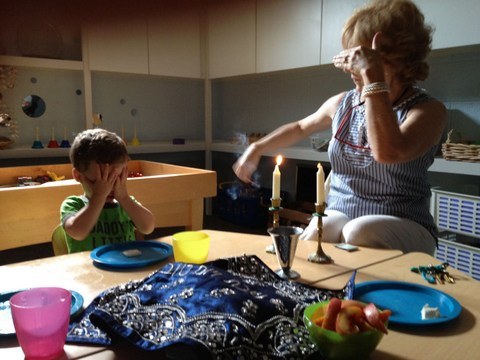
Jewish Early Childhood Education Programs in Small-Town America, Together We Can Thrive
995

